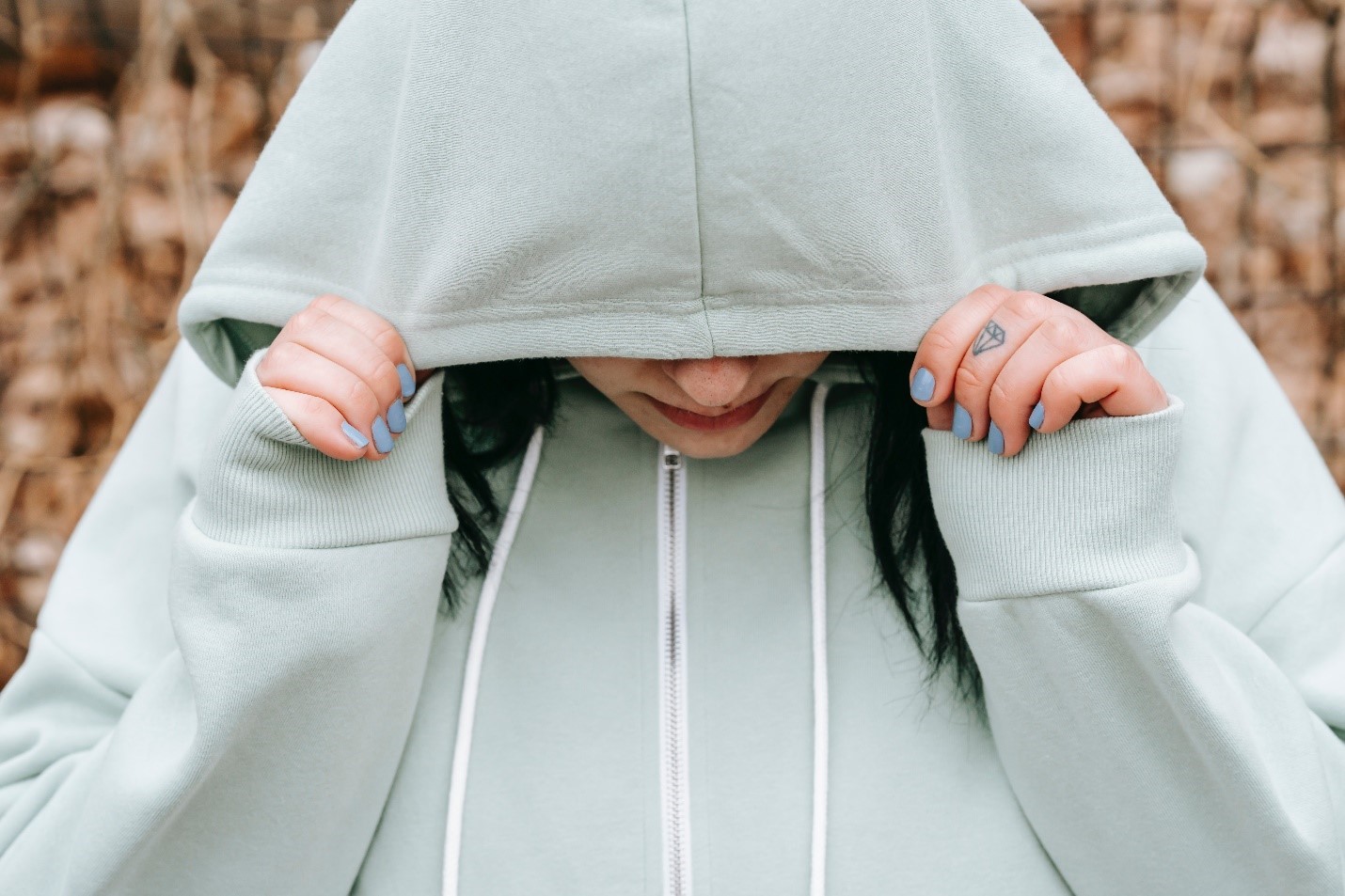Seasonal affective disorder (SAD) occurs during the colder seasons with some people affected without even knowing it. This advice from therapists will help prevent seasonal depression.
Seasonal depression is more common during the colder seasons of fall and winter with the “falling back” time change contributing to darker days with colder temperatures. While some enjoy colder weather, others experience seasonal depression with some that are unaware but are feeling a bit blue.
Seasonal affective disorder (SAD) occurs when depression is triggered by a change in season that is fairly common during the fall and winter seasons. Studies indicate that shorter days are believed to mess with your circadian rhythm that is the biological clock regulating the sleep-wake cycle that can throw you off. Therapists offer some advice for people experiencing SAD to start feeling better during the colder months.
You might have a busy schedule, but it’s recommended to schedule your life around self-care utilizing time management to prioritize family needs, breaks, important appointments, and vacations. Another important personal priority is accepting your current state of mental health and practicing embracing where you are personally at in the moment.
Meditation practice can greatly help accept your current situation without judgment. You can also engage in other unwinding activities such as reading a new book or a new streaming series to watch.
Getting in touch with your creative side will help you process your feelings through your personal preference that can be crafting, writing poetry, journaling, learning a new skill, or playing an instrument. These tips will help address the mental aspect of SAD and you can also embrace physical changes to combat seasonal depression.
Your diet plays a key role in SAD that can be adjusted during the colder seasons to help you maintain peak physical health. It’s recommended to cut back on consuming stimulants such as coffee, alcohol, and sugar that can trigger or worsen anxiety or depression.
Along with cutting stimulants out of your diet, it’s recommended to incorporate more feel-good neurochemicals along with amino acids (like gamma-aminobutyric acid [GABA] and tryptophan eating kimchi, seaweed, green tea, seeds, and whole grains. These foods will decrease depression symptoms and improve gut health.
Spending time in the sun becomes rarer during the colder seasons but can be an important intake of Vitamin D that regulates your mood that can be interrupted with cold weather. If you’re unable to get too much sun you can consider taking a Vitamin D supplement.
Combatting SAD can be faced head-on by embracing simple ways to enjoy the colder seasons and trying to find some appreciation for seasonal changes. This can be something simple as decorating for the holidays or enjoying special events for the season like ice skating.
Establishing a support system can help you through seasonal depression and you can seek out counseling or a support group to address your mental health. These are some simple steps to combat SAD but you’ll find what works best for you depending on your lifestyle.

